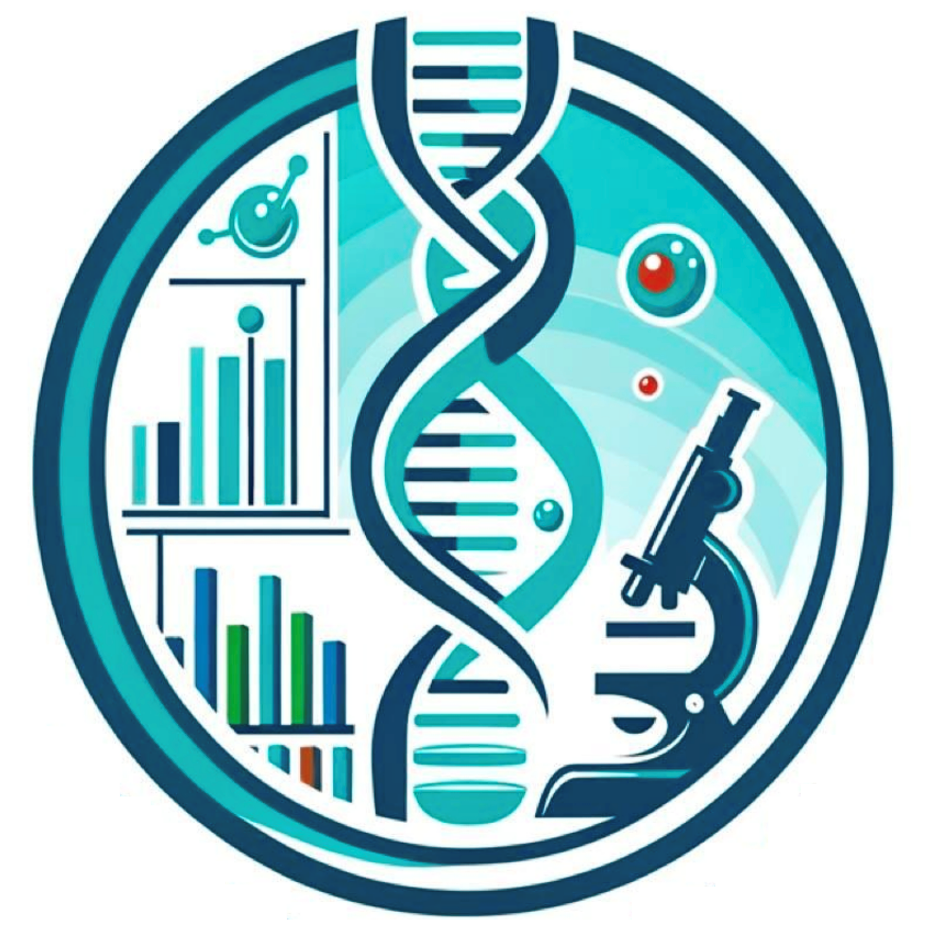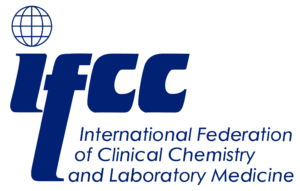Enterococci is one of a major cause of bloodstream infection (BSI). Because of its intrinsic drug-resistant nature, empiric antibiotic treatment tends to be inappropriate. We conducted a single-center retrospective cohort study to evaluate the impact of Matrix-assisted laser desorption and ionization time-of-flight mass spectrometry (MALDI-TOFMS) on the improvement of early antibiotic treatment for enterococcal infection. We also investigated the 28-day mortality, length of hospitalization and duration of antibiotic treatment for enterococcal bacteremia. A total of 173 BSI episodes (172 patients) between June 2012 and June 2019 were enrolled. Patients were divided into 2 groups before (n = 82) and after (n = 91) the implementation of MALDI-TOFMS (Control group and MALDI-TOF group, respectively). Almost an equal number of Enterococcus faecalis and Enterococcus faecium cases were identified in each group (51.2% and 48.8%, and 47.3% and 52.7% in each group). By implementing MALDI-TOFMS, the time to definitive antibiotic treatment was significantly improved (median 3 vs 1 days, p 74 years old) in MALDI-TOF group, excluding those in the terminal phase of malignancy. By implementing MALDI-TOFMS, the time to definitive antibiotic treatment was significantly shortened. Although associated outcomes did not significantly differ, the duration of antibiotic treatment may be shortened.

